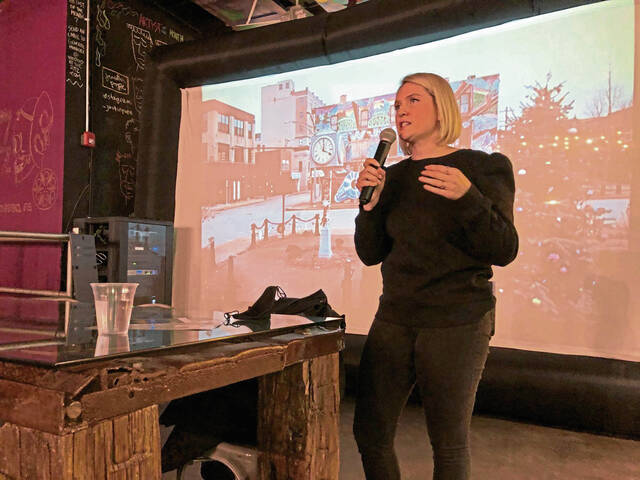New Kensington is not a desert.
Not in the classic definition, at least. Nowhere in Southwestern Pennsylvania really is. In an area crisscrossed with rivers and streams, scarcity of water is seldom a problem.
But food deserts are a different story.
A food desert is an urban area where it is hard to find places to shop for good, fresh, nutritious food. It doesn’t mean there’s no food. Just that hot dogs, potato chips and ramen noodle cups are a lot easier to access than raw carrots or fresh chicken.
Food deserts are more than walking distance grocery stores in areas where many people depend on public transportation instead of having their own cars. A mile or so to the nearest Walmart or Giant Eagle might not seem like a big deal, but a food desert can be as much about its population as its geography. They can be marked by a population that is older, poorer or with marked handicaps, making it harder to get outside that bubble.
And even getting to the fresh food doesn’t mean the logistics are helpful when it comes to buying it. Imagine running to the store for ground beef, milk, eggs, bread, frozen broccoli and bananas. It’s a quick in and out, with finding a parking space being the biggest hurdle.
Now try it as a senior citizen using the bus. You can’t carry everything easily. The milk is heavy. The eggs are fragile. Taking the bus could equate to a couple of hours as you wait to match your trip to the bus schedule. The frozen broccoli becomes canned green beans, which won’t thaw. You get salty ham because it’s lighter and less apt to spoil. Your shopping is less about nutrition than navigating challenges.
Jamie Smittle, 29, of Lower Burrell, made a documentary about the area as a food desert, bringing attention to the issue. Now New Kensington is taking a step to help.
“We’re excited to be able to partner with Oasis (Grocery Direct) and provide access to groceries for those who don’t have access to our other grocery stores,” Mayor Tom Guzzo said. “This program is available to everyone and addresses our needs on a short-term basis as we continue to work on solutions for the long term.”
The program — planned to be up and running in April — will allow online orders payable with credit, debit or SNAP benefit cards. The orders will then be delivered to a central pickup point. It’s a way to use technology to address a problem that some might think can only be solved by a brick-and-mortar building.
This kind of outside-the-box-store approach is important because it requires the same kind of adjustment of thinking necessary to see a desert so close to the river.








